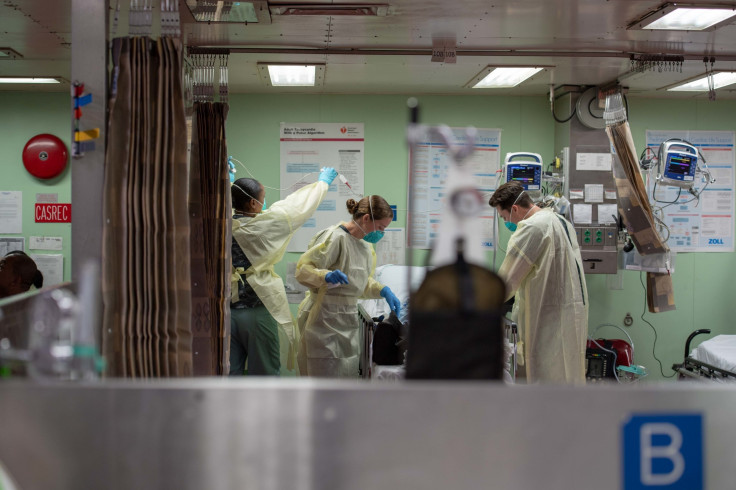Long COVID: Scientists Present New Insights, Potential Solutions

Over three years have passed since the global spread of SARS-CoV-2, and an estimated 65 million individuals continue to grapple with the often devastating effects of long COVID. Scientists, however, are still working to unravel the complexities of this condition that leaves sufferers with symptoms such as headaches, fatigue and "brain fog."
The definition of long COVID itself is a subject of debate since its causes remain elusive. Nevertheless, researchers have now accumulated enough data to offer some preliminary answers to urgent questions surrounding this condition, including the potential timescale for improvement, risk factors and prevention strategies, as discussed in a report published recently in the journal Nature.
Determining the percentage of people who recover from long COVID depends on how recovery is classified. The World Health Organization (WHO) has defined long COVID as symptoms that arise within three months of SARS-CoV-2 infection and persist for at least two months.
"As soon as it's 12 months, it plateaus. You have a higher chance of recovery during the first year, and after one year it really becomes more of a chronic condition," University of Zurich epidemiologist Tala Ballouz was quoted as saying in the report.
A study published in May reported that one-third of individuals experiencing long COVID six months after infection no longer had symptoms at nine months.
Significant evidence now suggests that vaccination reduces the risk of long COVID. A meta-analysis conducted in March revealed that individuals who received two vaccine doses were significantly less likely to develop the condition compared to those who were unvaccinated.
In addition a preprint study in June tracking over 10 million vaccinated and unvaccinated individuals from four studies consistently demonstrated that vaccinated people had a lower likelihood of developing long COVID. However, this study has yet to undergo peer review.
"The only thing that we know works at the moment is to actually get vaccinated," said Vassilios Vassiliou, a cardiologist at the University of East Anglia and one of the meta-analysis authors.
While vaccination is crucial for prevention, several medications are showing promise in preventing long COVID. Metformin, a standard treatment for type 2 diabetes, displayed encouraging results in a study published in The Lancet Infectious Diseases. Participants who received metformin during their acute illness had a lower incidence of long COVID than those who received a placebo. However, these findings need replication in other groups.
Scientists also found that the antiviral Paxlovid, a combination of nirmatrelvir and ritonavir, reduced the risk of long COVID when administered during the acute phase. The results were also promising, although replication is necessary since the study primarily involved male participants.
However, preventive agents will not benefit those currently experiencing long COVID, which is estimated to affect 10-20% of infected individuals, according to the WHO.
Published by Medicaldaily.com



























